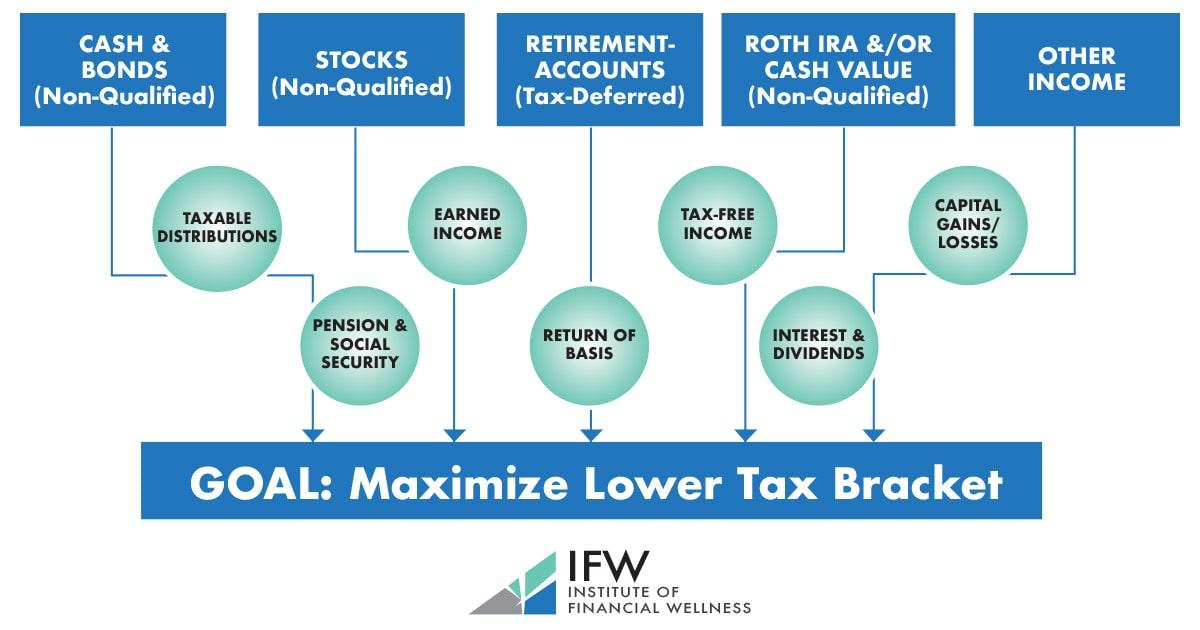In today’s complex economic landscape, the question of when, or if, to cut off financial support for adult children is a topic that resonates with many families. As parents navigate the challenges of rising living costs, student debt, and an unpredictable job market, the decision to continue or withdraw financial assistance becomes increasingly nuanced. While some argue that extending financial support can delay independence and self-sufficiency, others contend that ongoing assistance is a necessary buffer against economic instability. This article delves into the multifaceted considerations that inform this decision, examining the potential impacts on both parents and adult children. By analyzing the interplay between financial responsibility and familial bonds, we aim to provide a balanced perspective on whether it is fair—and feasible—to cut the financial cord.
Evaluating Financial Independence and Parental Obligations
When considering the delicate balance between achieving financial independence and fulfilling parental obligations, several factors come into play. Financial independence is often seen as a rite of passage into adulthood, a goal that signifies maturity and self-sufficiency. However, the transition isn’t always straightforward. Parents might question if they are hindering their child’s growth by continuing to provide financial support. On the other hand, cutting off support too soon can lead to undue stress and potential setbacks for the young adult.
- Economic Climate: The current job market and economic conditions can heavily influence a young adult’s ability to be financially independent.
- Educational Commitments: Ongoing education or student loan debt might justify continued support.
- Personal Development: Consider whether the child is making strides towards independence, such as pursuing a career or managing their finances.
Parents must weigh these factors carefully, recognizing that the path to independence varies for each individual. By fostering open communication and setting clear expectations, families can navigate this transition with empathy and mutual understanding, ensuring that financial independence is achieved without compromising the parent-child relationship.

Analyzing the Psychological Impact of Financial Withdrawal
When parents decide to cease financial support for their adult children, it can have profound psychological effects. For some, this withdrawal can trigger feelings of abandonment or inadequacy, as financial support is often perceived as a form of love and validation. The sudden absence of this support might lead to anxiety and stress, especially if the individual lacks the necessary coping mechanisms or financial literacy to navigate the change independently.
However, the psychological impact is not universally negative. Many adult children experience a boost in self-esteem and independence when they are compelled to manage their finances autonomously. This can foster resilience and a sense of accomplishment. Key psychological impacts may include:
- Increased Anxiety: Concerns about meeting financial obligations without parental assistance.
- Sense of Freedom: The ability to make financial decisions without parental oversight.
- Motivation for Self-Improvement: Encouragement to seek better employment opportunities or further education.
- Resentment or Frustration: Feelings of unfairness or betrayal, especially if the withdrawal was abrupt or unexpected.
Understanding these dynamics is crucial for parents who wish to support their children emotionally, even as they step back financially.

Exploring Alternative Support Mechanisms for Adult Children
- Emotional Support: Transitioning from financial dependency to independence can be daunting for adult children. Offering emotional support, such as regular check-ins or encouragement during challenging times, can be invaluable. This helps them develop resilience and self-reliance, which are critical skills for adulthood.
- Mentorship and Guidance: Share your life experiences and wisdom to guide them in making informed decisions. Whether it’s about career choices, financial planning, or personal growth, mentorship can be a powerful tool to help them navigate the complexities of adult life.
- Networking Opportunities: Introduce them to professional contacts or help them build their own network. This can open doors to job opportunities, internships, or even mentorships that they might not have been able to access on their own.
- Skill Development: Encourage them to take courses or attend workshops that will enhance their skills. Investing in their education or professional development can lead to better job prospects and financial independence in the long run.
Exploring these alternative support mechanisms can foster a sense of independence and responsibility in adult children while maintaining a supportive relationship. It encourages them to stand on their own feet, ensuring they are better equipped to face life’s challenges. By focusing on non-financial support, parents can still play a crucial role in their children’s journey to independence without feeling obligated to provide ongoing financial aid.
Strategies for Establishing Healthy Financial Boundaries
When navigating the delicate terrain of financial support for adult children, establishing clear and healthy boundaries is crucial for both parties involved. This process begins with open communication. Set aside time for a candid discussion about financial expectations and responsibilities. This conversation should cover the specific areas where support is necessary and outline a realistic timeline for independence. By doing so, both parents and children can manage expectations and reduce misunderstandings.
- Define Clear Terms: Clearly state the duration and amount of financial assistance, as well as any conditions attached to it. This may include requirements such as maintaining a job or pursuing further education.
- Encourage Financial Literacy: Provide resources or guidance to help your children develop budgeting skills and financial awareness, which are essential for their independence.
- Establish Consequences: Outline the consequences if the agreed terms are not met. This could involve reducing support incrementally or setting deadlines for self-sufficiency.
Empowerment through financial autonomy can foster a sense of responsibility and independence in adult children. Parents should focus on fostering these qualities rather than enabling prolonged dependency, ensuring a healthier financial future for the entire family.



